Welcome to Zhuoliou industry co.,ltd
Intel is expected to receive billions of dollars in subsidies
10/29/2022 10:46:15 AM
US veteran chip manufacturer Intel (INTC. US) is in talks with the Biden administration to obtain over $10 billion in chip manufacturing subsidies. Last Friday, some media reported, citing sources familiar with the matter, that this massive chip manufacturing subsidy plan may include loans and direct funding, and negotiations on some details between the two sides are still ongoing.
It is understood that these subsidies come from the Chips and Science Act introduced by the Biden administration in 2022. According to the subsidy details, the bill proposes to allocate up to $39 billion in direct funding subsidies, as well as $75 billion in special loans and loan guarantees, to help chip companies build more chip factories in the United States, build the United States into a chip manufacturing powerhouse, and achieve the Biden administration's expectation of "high-end manufacturing industries such as chips returning to the United States.".
Intel, the American IDM model chip manufacturing giant, is considered by most Wall Street analysts to be most likely to receive high government subsidies. Intel and the US Department of Commerce declined to comment on the insider information cited by the media. Insiders also stated that it is currently unclear how the subsidies received by Intel will be allocated between direct funding subsidies and special loans.
The chip companies in the IDM model have three core capabilities: chip design, chip manufacturing, and chip packaging and testing. They are also the chip companies with the highest technology threshold, capital consumption, and risk coefficient in the global chip industry chain. Samsung Electronics and Intel are the top IDM chip companies in the world. TSMC is mainly responsible for the core link of chip manufacturing, which belongs to the Foundry model in the chip industry chain.
Semiconductor manufacturing giants such as Samsung Electronics and TSMC are also expected to receive high subsidies
The media reported at the time that the details of this high subsidy were expected to be announced before President Biden's State of the Union speech on March 7th local time. However, another media report indicated that the specific time may be around the end of March. According to media reports citing sources familiar with the situation, some executives in the US chip industry have indicated that American analog chip leader TXN. US and renowned chip manufacturer Global Foundries (GFS. US) may also receive subsidies.
In August 2023, one year after the signing of the Chip and Science Act into law, US President Biden and Biden administration advisors have repeatedly praised the significant achievements of the bill, including more than 460 companies with significant positions in the global chip industry submitting letters of intent to apply for funding.
TSMC's chip factory construction in Arizona, USA is progressing rapidly and is expected to cost $40 billion, despite delays in project initiation due to a shortage of skilled workers and reported union disputes. TSMC plans to begin production at its Phoenix factory in the first half of 2025.
It is understood that the chip factory in Arizona, USA is one of TSMC's largest investments in the US market. It is expected to produce the most advanced 3nm or 2nm chips for various high-tech applications, from artificial intelligence to 5G and mobile devices.
Blog Category
NewsLatest Products

-
IP5002CX8/P135
NXP USA Inc.

-
ADAU7002ACBZ-RL
Analog Devices Inc.
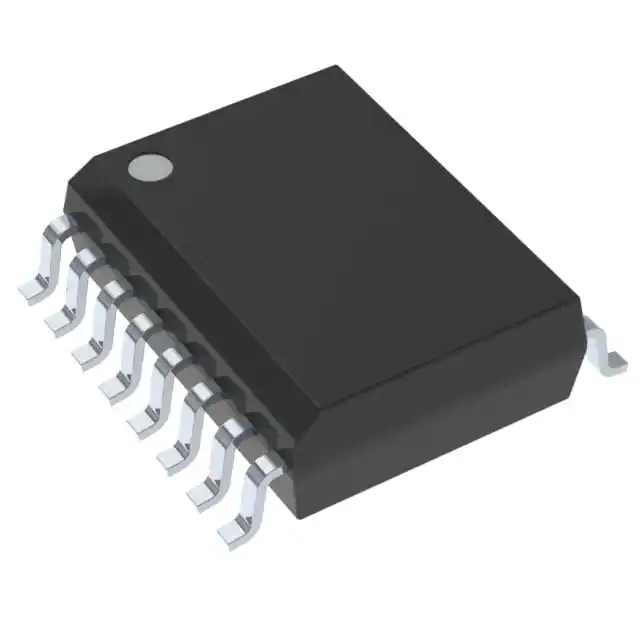
-
PGA2320IDW
Texas Instruments
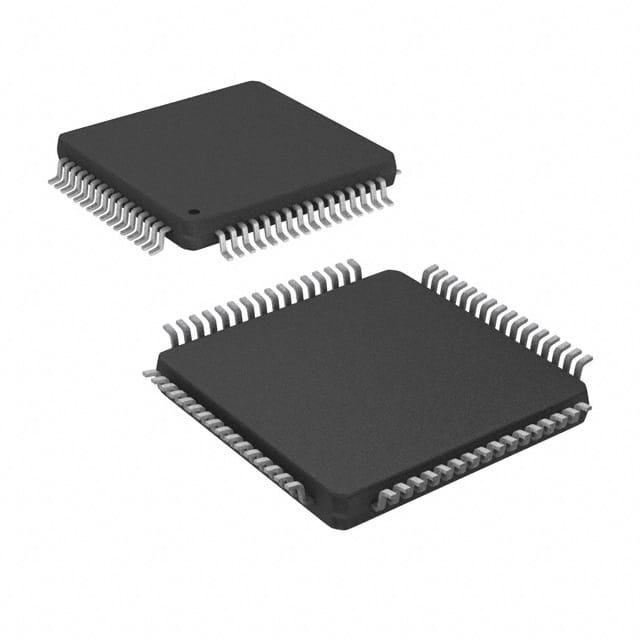
-
SRC4184IPAG
Texas Instruments
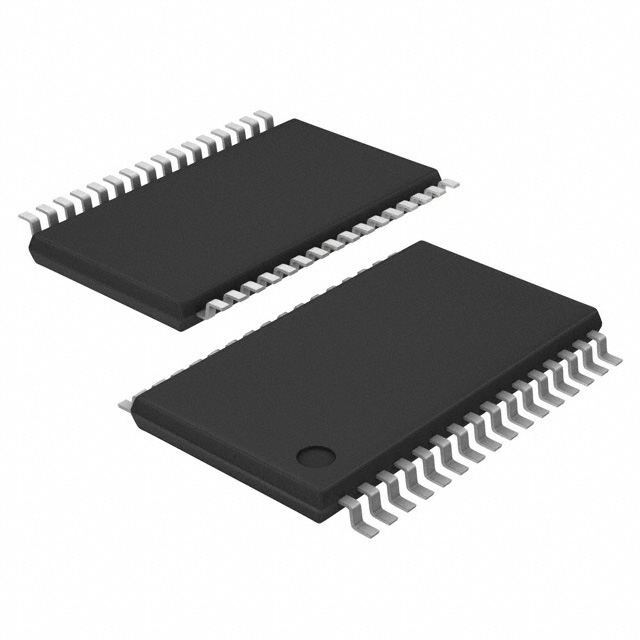
-
MUSES72320V-TE2
Nisshinbo Micro Devices Inc.
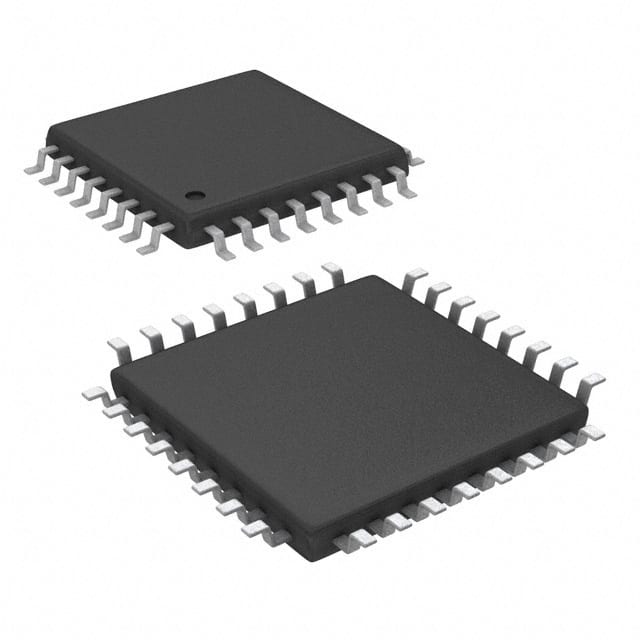
-
PCM2706CPJT
Texas Instruments
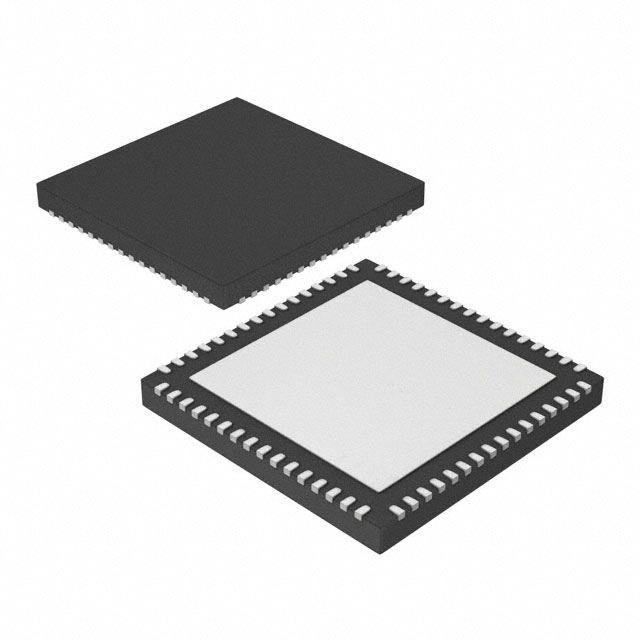
-
ZL38040LDG1
Microchip Technology

-
PGA2310UA/1K
Texas Instruments

- Help you to save your cost and time.

- Reliable package for your goods.

- Fast Reliable Delivery to save time.

- Quality premium after-sale service.







